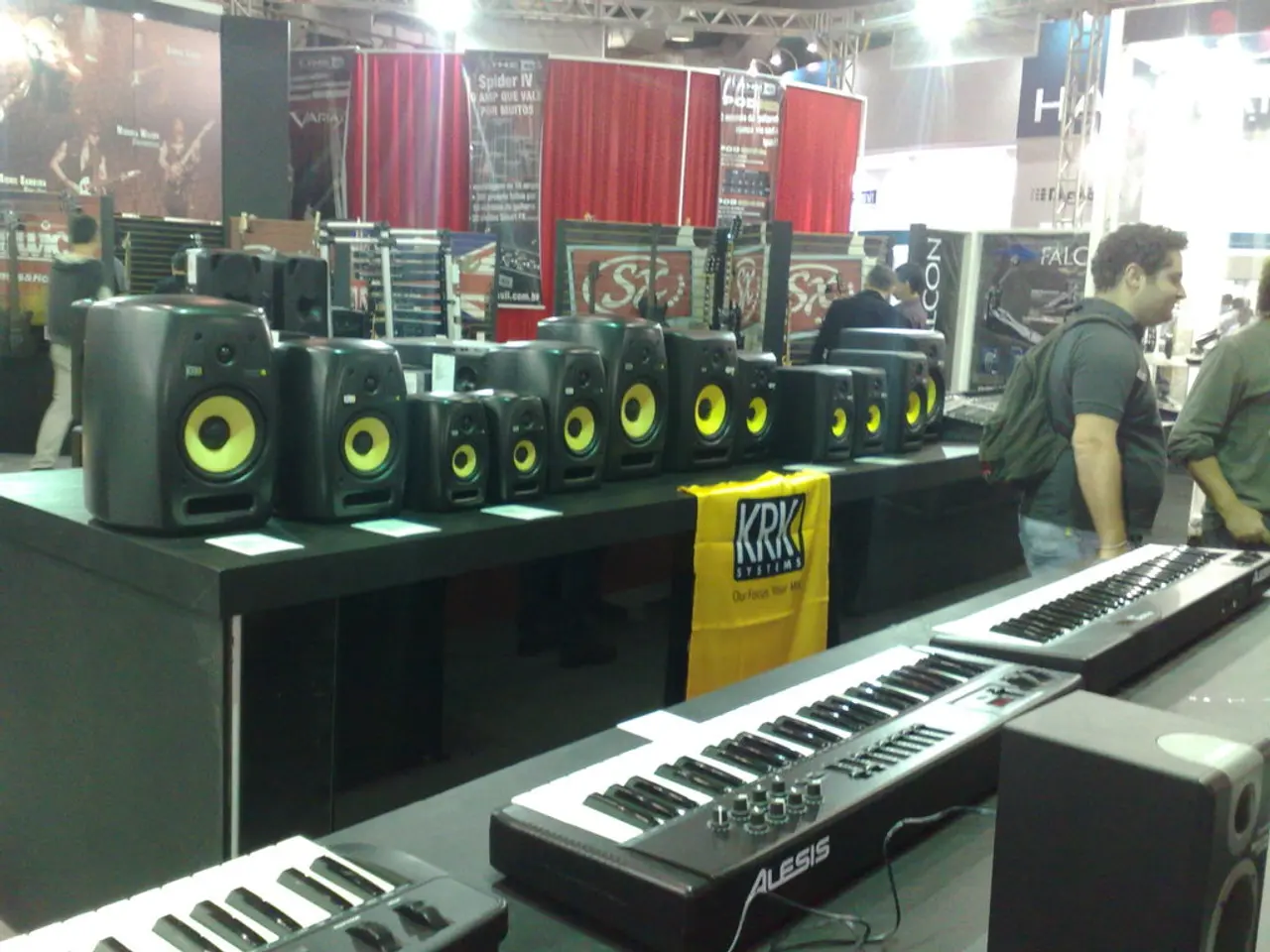Crackdown on underground betting establishments and shutdowns of licensed gaming venues - Could an underground gambling scene proliferate unchecked?
In recent times, the political landscape in Germany has taken up the issue of illegal gambling, aiming to find solutions that strengthen the legal market and effectively combat illegal activities. However, the road ahead is fraught with challenges.
Last week, a large-scale raid was conducted in the Ruhr region, involving over 50 officers, resulting in the seizure of several slot machines and the imposition of 37 warning fines. Simultaneously, in Lower Saxony, a raid in Goslar led to the seizure of gaming tables and the initiation of criminal proceedings. These raids are part of a broader crackdown on illegal gambling activities in the country.
Yet, the persistent presence of illegal gambling operators, coupled with a shrinking legal market for arcade operators, raises concerns about the long-term consequences. The German regulatory framework, with its strict advertising bans, low stake and deposit limits, and high tax rate, has inadvertently boosted the illegal gambling sector, which is estimated to account for 25-50% of all gambling activity.
Despite efforts to shut down hundreds of illegal websites and block many more, illegal operators continue to evade detection using sophisticated tactics like website "cloaking." This has resulted in a thriving black market that remains undeterred by enforcement.
The regulated sector in Germany grew by 5% year-on-year in 2024, generating €14.4 billion. However, this growth is overshadowed by the large black market. Analogous enforcement trends in other jurisdictions, such as Michigan and Florida in the U.S., show that sustained raids and regulatory pressure can force some illegal operators out but often result in displacement rather than eradication.
The long-term effects for Germany may include the expansion or entrenchment of the black market, reduced profitability and market share for legal arcade operators, regulatory challenges in balancing player protection, market fairness, and growth incentives, and potential economic consequences such as job losses in the legal industry sector and tax revenue shortfalls.
The North Rhine-Westphalia State Criminal Police Office has stated that resources are lacking to adequately combat the black market. Meanwhile, the political measures planned to combat the illegal market are criticized by the industry as they could restrict legal providers.
In regions like Mecklenburg-West Pomerania, illegal gambling is on the rise. Ten arcades in Neubrandenburg had to close due to new distance regulations, potentially leaving a vacuum for illegal operators to fill.
As the fight against illegal gambling becomes increasingly challenging, it is crucial for regulators to find a balance between enforcing laws and supporting legal operators. This may involve adjusting regulatory policies to better support legal operators while effectively combating illegal practices to prevent these long-term negative trends from continuing and possibly worsening.




